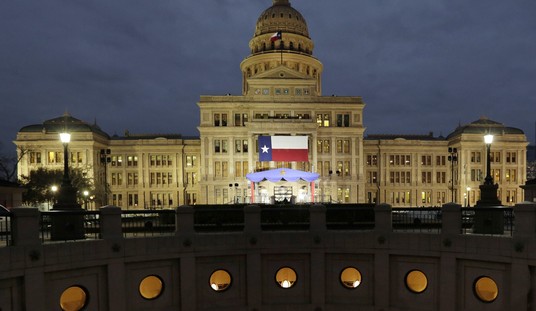On March 13th, the Commerce Department announced a 1.1 percent increase in food and services retail sales, doubling a prior Dow Jones survey of economists that forecast an increase of just 0.6 percent. This new data has led to a fresh wave of enthusiastic commentaries that the US economy is set for a strong recovery. Less examined were the underlying factors that supported the increase.
Through the persuasive powers of its Chairman, Ben Bernanke, the US Federal Reserve has convinced the world's three other key central banks - the Bank of England, the ECB, and the Bank of Japan - and many others to adopt its policies of quantitative easing (QE) to spur economic growth. By lowering the cost of borrowing and lessening the rewards of saving, I believe that these policies have led to increases in spending. But to call it a success involves only looking at one side of the balance sheet. The supposed benefits come at a high cost.
Gasoline prices rose by nearly 15 percent from January to February of this year. Spending also rose in grocery stores, which are considered to be a gauge of necessity spending. On the other hand, declines in department store, restaurant, and furniture spending would seem to indicate that consumers are cutting back in areas that economists deem to be "discretionary."
Four years of annual trillion-dollar-plus government deficits and the Fed's creation of more than $2 trillion of synthetic money since the crisis began have injected almost unimaginable amounts of "stimulus" into the US economy. In addition, the Fed's downward distortion of the rates of interest, inflation, and unemployment is cynically designed to encourage a false sense of economic growth and economic optimism.
Recommended
In view of all of this, it is absolutely amazing how listless overall consumer spending has been. I see it as evidence that other forces are holding the lid down on real increases in economic growth.
But investors are loathe to ignore such a wave of buoyancy in official government figures. The result has been an impressive recovery in US equity indices of some 125 percent since the market lows of 2009.
Bernanke has indicated that the Fed will maintain both zero percent interest rates and massive QE into the foreseeable future. We must assume that such moves will continue to create dubiously impressive trends in spending and stocks.
Prudent investors are faced with a scenario where consumers may be persuaded to extend their purchasing of necessities and replacements to more discretionary items. If that happens, it could provide welcome short-term growth to the US and other economies in the world. Also, it may justify selective investment in domestic equities, particularly necessary commodities.
However, beneath the false enthusiasm of the markets will lurk threats to the US dollar, and of a potentially dramatic rise in US interest rates. These dangers demand extreme caution, especially in light of recent double-digit percentage rises in the stock market.

























Join the conversation as a VIP Member